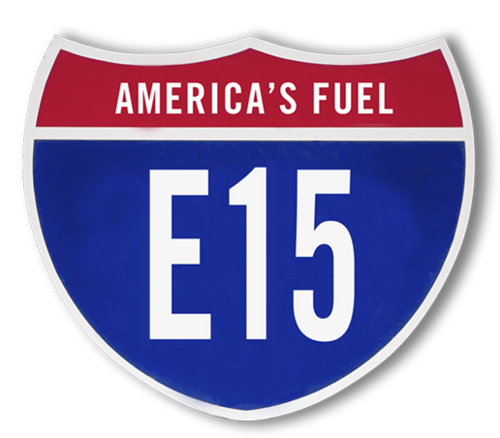NACS: Price Advantage Makes Selling E15 Gasoline Attractive
 |
NACS Show session guides retailers on the benefits, logistics of selling ethanol fuel.
SEE ALSO: AAA Blunder on E15 Ethanol Sets Off Firestorm of Criticism
SEE ALSO: Ethanol Blends Study Results(PDF)
LAS VEGAS October 14, 2014; NACSonline reported that the price of E15/88 octane fuel is 5-10 cents a gallon cheaper than existing fuel options, so convenience store retailers need to get ready to start selling the next big thing in fuels.
“E15 is being adopted because of its strong price, better margins and RINS revenue,” said Mike O’Brien, vice president of market development for Growth Energy, during last week’s NACS Show session, “Ethanol: How Could You?”
The change from existing ethanol options is inevitable because of its CAFÉ impact, he went on to explain. Cars using E15 require a new type of engine that is smaller, uses direct injection, has an increased compression ratio and is turbo-charged, and car manufacturers are already producing cars with these engines.
Retailers need to be aware that the transition to ethanol does require some changes, including requirements for new hoses and labeling, other related equipment and RVP management. O’Brien advised retailers who have questions about selling ethanol fuel to get answers from the U.S. Environmental Protection Agency (EPA), which can explain what is needed to make the change.
“There is a price advantage versus 87 octane (fuel) that averages 7 cents a gallon in a survey,” O’Brien said. “There are zero consumer complaints and the publicity is good. The common theme is that the lower price point and higher octane of E15 is a competitive advantage for retailers.”
Also speaking during the educational session were Bob Benedetti and David Fialkov. Benedetti, the principal flammable liquids engineer for the National Fire Protection Association, discussed insurance requirements and concerns. Fialkov, an attorney with Steptoe & Johnson LLP, discussed legal aspects concerning the switch to selling E15 fuel.
For more information on alternative fuel retailing, visit www.fuelsinstitute.org.


